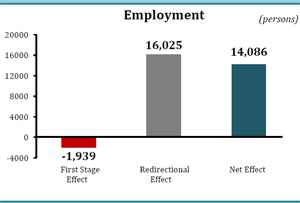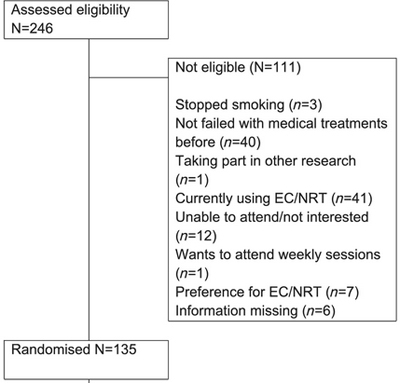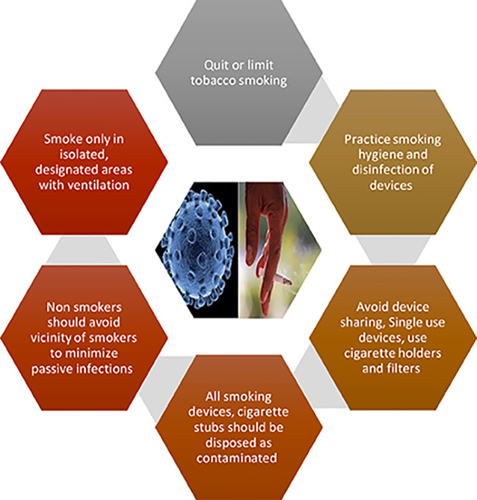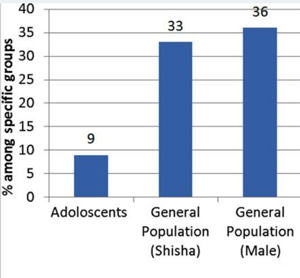Longitudinal Association Between Exclusive and Dual Use of Cigarettes and Electronic Nicotine Delivery Systems and Asthma Among U.S. Adolescents
Purpose: Electronic Nicotine Delivery Systems (ENDS) use among adolescents has increased greatly over the past decade, but its impact on chronic respiratory health conditions, like asthma, is not fully understood.
Impact of Heated Tobacco Products, E-Cigarettes, and Cigarettes on Inflammation and Endothelial Dysfunction
In addition to the market launch of heated tobacco products (HTPs) and the JUUL as well as the EVALI, they caused a widespread discussion on the risk reduction compared to a combustible cigarette. Furthermore, first data showed harmful effects on the cardiovascular system.
Nicotine exposure disrupts placental development via the Notch signaling pathway
Nicotine is a common indoor air pollutant that is present in cigarette fumes. Due to its lipophilic nature, nicotine can rapidly transport through membrane barriers and spread throughout the body, which can lead to the development of diseases. However, the impact of nicotine exposure during early embryonic development on subsequent development remains elusive. In this study, we found that nicotine significantly elevated reactive oxygen species, DNA damage and cell apoptosis levels with the decrease of blastocyst formation during early embryonic development.
A predictive model of waterpipe smoking cessation among women in southern Iran: application of the theory of planned behavior
Background: Today, waterpipe (WT) smoking is a rising issue worldwide, and has taken a significant and growing share of tobacco consumption in the world. Present study aimed to explore the predictors of WT cessation in the light of the theory of planned behavior (TPB).
Hyperconnectivity of two separate long-range cholinergic systems contributes to the reorganization of the brain functional connectivity during nicotine withdrawal in male mice
Chronic nicotine results in dependence with withdrawal symptoms upon discontinuation of use, through desensitization of nicotinic acetylcholine receptors and altered cholinergic neurotransmission. Nicotine withdrawal is associated with increased whole-brain functional connectivity and decreased network modularity, however, the role of cholinergic neurons in those changes is unknown.
Characteristics Associated with Young Adults' Intentions to Engage with Anti-Vaping Instagram Posts
The purpose of this study was to identify behavioral and sociodemographic factors associated with intentions to engage with anti-vaping Instagram posts among a young adult population.
"Better Than Any DARE Program": Qualitative Analysis of Adolescent Reactions to EVALI Television Storylines
Introduction. Research suggests that awareness of e-cigarette, or vaping, product-use associated lung injury (EVALI) among adolescents is associated with increased harm perception of e-cigarettes. The depiction of EVALI on three primetime medical dramas offers an opportunity to examine the use of these storylines for tobacco prevention education.
Evaluation of response to incentive recruitment strategies in a social media-based survey
Objective: This study aimed to examine varying incentives on acceptance to participate in an online survey on social media and to identify related demographic factors.




